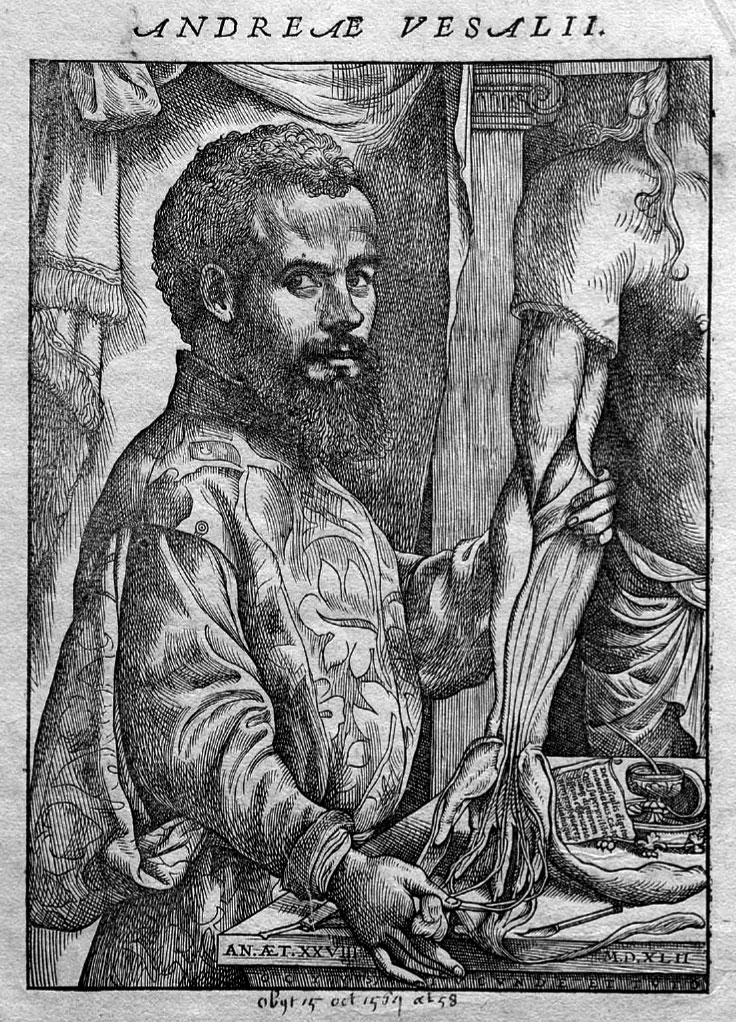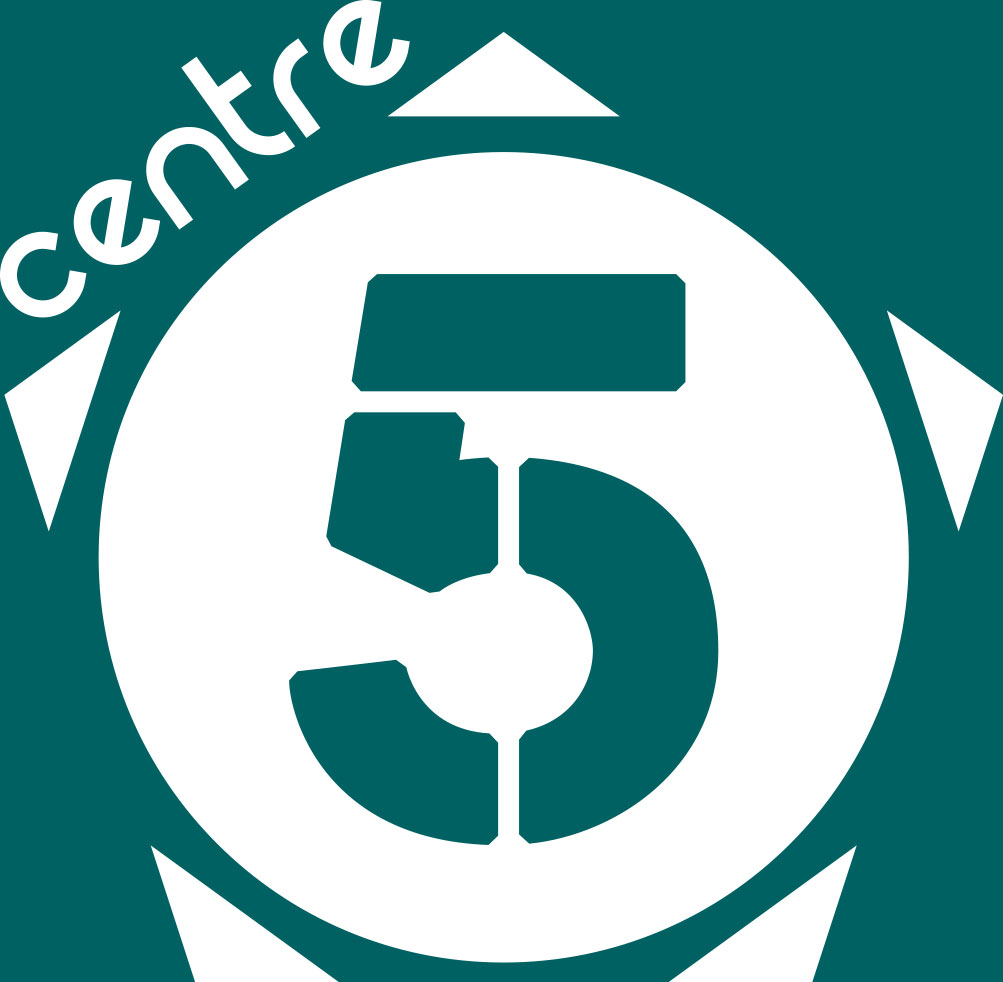Tuesday, May 2 until Friday, May 5, 2023
9 am (8:30 am on the first day) – 5 pm
Laboratories of Anatomical Enlightenment
5401 Western Avenue Boulder, Colorado, 80301, USA
Dissection?
Human anatomy is most often learned by reading. The drawings presented in these specialized books are generally of excellent quality. They reproduce more or less schematically, and as best as possible, what one can observe in reality. Virtual encyclopedias or those videos allow the neophyte or the enthusiast to go deeper with more accuracy and precision. Palpatory anatomy is an approach of touching the skin that can be very complementary. However, nothing can replace learning by « in situ » observation.
Centre 5 organizes a 4-day dissection course on untreated human bodies (tissues that have not been damaged by chemicals). This scientific, unique, and exceptional experience is not a demonstration, but an actual dissection done by the participants themselves!

Registration fee
- Until December 31st, 2022: 1,900 USD (VAT included)
- After January 1st, 2023: 2,200 USD (VAT included)
Types of payment accepted: French checks, credit cards (CB, VISA, VPAY, ELECTRON, MASTERCARD and MAESTRO cards are accepted) or bank transfers. For online payment, only VISA and MASTERCARD are accepted. Payment in full will result in the issuance of a VAT invoice (0% VAT).
The price above only concerns the organization of the dissection course. Costs related to transportation, accommodation or any other costs incurred to complete the course are not included in the price quoted above and remain the responsibility of the participant.
Objectives
To allow the trainee to:
- conduct their own dissection project during the program as outlined by the laboratory director.
- better understand the reality and interdependence of anatomical structures.
- confront one’s theoretical knowledge with the reality of the human body for a better understanding and knowledge transfer
- gain precision in their interactions with patients or clients.
Public
Any professional interested in anatomy: body and movement professionals (dancers, Pilates and Yoga instructors, educators and sports coaches…), manual therapists (physiotherapists, osteopaths, chiropractors, podiatrists …), masseurs, doctors, artists, etc. No prior dissection experience is required.
Minimum number of participants: 14
Contents
All participants will dissect at the same time (between 7 and 8 maximun per cadaver). Several cadavers will be exposed at the same time. This will allow one to observe differences between the same anatomical structures from one subject to another.
The course consists of the complete dissection of a body, from skin to bones. Fasciae will be highlighted as well as the nerves, the vascular system, the different muscles, layers and muscle groups. The abdominal viscera and their attachments will be identified, as well as the thoracic organs. The cranial box will be opened, the brain and spinal cord exposed. Each participant will be able to focus on their own area of interest.
Each morning, Todd Garcia will present the days objectives and will provide a dissection demonstration of the structures covered during the day. Todd Garcia’s interventions will be translated into French.
Each morning, Pierre Tessier will offer a short presentation (approximately 20 minutes) on a particular theme related to the dissection objectives of the day. For example, the themes for the last courses were: the fascias, the embryology of the diaphragm allowing to understand its organization and its functioning in the adult subject, the importance of biotensegrity in the biomechanics of the human body, the relationships of the perineum with the internal obturator, the clinical anatomy of the nuchal ligament, the sexual diagnosis of the hip bone, the clinical anatomy of the scalp, etc.
The team
- Todd Garcia: director of the Laboratories of Anatomical Enlightenment, professor of human anatomy for the Department of Emergency Medicine at Front Range Community College (Boulder, Colorado, USA), has been teaching anatomy for 15 years (with over 10,000 hours of dissection to his credit).
- Pierre Tessier: manager of Centre 5, PgDip in Human Anatomy, student in MSc (Clinical Anatomy) at the Hull York Medical School (UK) , organizer of the dissection class.
FAQ
What level of anatomy or medical knowledge do I need to have?
No particular level is required, but simply a strong interest in the human body. This course is open to everyone as long as one is ready to fully invest themselves in this experience.
What will happen during the 4 days?
The first morning is primarily dedicated to discovering the cadavers, respecting them and dissection techniques. At the beginning of each half-day, the laboratory director explains the structures to be discovered and the methods to be followed. The assistants will be present to answer questions, guide actions when necessary and help identify the structures that have been dissected.
Will I feel uncomfortable in front of a cadaver?
The dissection of a human body is obviously an emotionally intense experience. Participants are free to remove themselves from the dissection table and get fresh air when needed. That being said, the absence of life and “soul” in the corpse is striking. It allows one to put some distance during the course. Usually, the course leaves an immense feeling of enrichment and, most importantly, gratitude to the people who donated their bodies.
What material or books should I bring?
Anatomy books are available in the laboratory and are intended for use during the course. You can bring your own books, but you risk damaging them! Regarding the material you must bring: lab coat, a box of disposable gloves (vinyl or latex), goggles (except if you wear eyeglasses), disposable surgical masks (and essential oils to sent your mask), closed shoes covering the entire foot. We usually advise to wear old clothes.
Will I be bothered by any odors?
The odors are less disturbing and are not as strong as one would expect. However, for those who are sensitive, there is a trick: pour a few drops of essential oil on the surgical mask worn during the dissection.
If I have no dissection experience, will I enjoy the course?
The majority of participants are new to dissection. The teaching team is there to make sure everyone can practice and learn in the best conditions.
A group of 7 or 8 people per cadaver: isn’t it too much?
A proper dissection requires time and concentration. Each participant will have the opportunity to dissect at the same time as the others but on a different part of the body. Therefore, it is possible to present one’s own work to the rest of the group. Less than 5 or 6 people per cadaver would spoil the donation made by the person.
The course is in the United States. Do I have to know how to speak English?
No. The interventions of the director of the laboratory are translated into French. The professors and assistants are all French. For those who speak English, all French interventions will be translated into English.
What is the purpose of having an “untreated” body? What difference does it make in a dissection?
A “treated” body is embalmed by chemicals (often toxic and with unpleasant odors) which have the advantage of significantly extending the body shelf life, but which also have many disadvantages: substantial denaturation of tissues, color modifications, changes in terms of textures and density of the tissues, etc. The corpses used in this course are complete and “untreated”, which makes it possible to be closer to the conditions of observation in vivo.
Legal notice
Withdrawal period
Each participant has, in accordance with Article L. 221-18 of the French Consumer Code, a withdrawal period of 14 days from the sending of the registration form. The retraction must be notified by the participant by sending the retraction form downloadable here. In case of use of this retraction within the time limit, in accordance with Article L. 221-24 of the French Consumer Code, the participant will be fully reimbursed for the cost of registration. However, the participant will be responsible for all the costs incurred for the workshop (transport, accommodations, etc.).
Cancellation Policy
- Cancellation by the participant
Once the 14-day revocation period has expired:
– In the event of a cancellation before March 1st, 2023, 50% of the price of the workshop will be retained by Centre 5. If, at least 50% of the price of the course has not been settled to Centre 5, the participant will be liable for the balance of 50% of the price of the course.
– For any cancellation after March 1st, 2023, the full price of the course will be retained by Centre 5. The participant who canceled the course must, if necessary, pay the balance of the remaining registration cost to Centre 5.
Any delay in the payment will be considered as a cancellation by the participant and therefore subject to the same cancellation policy.
- Cancellation by Centre 5
Centre 5 maintains the right to cancel the course before March 1st, 2023 if the number of registrants on that date is not sufficient. In this case, Centre 5 will refund the full price paid by the participant, excluding any compensation, particularly in the case of expenses incurred personally by the participant (transportation costs, accommodations, etc.).
Applicable law
The law applicable to these conditions is French law.
Information and registration request
Click here to fill and submit your registration request
The registration request does not commit you. Only the signing of the training contract commits you.
For any request or additional information, please send an email to pierre.tessier@centre5.com.
